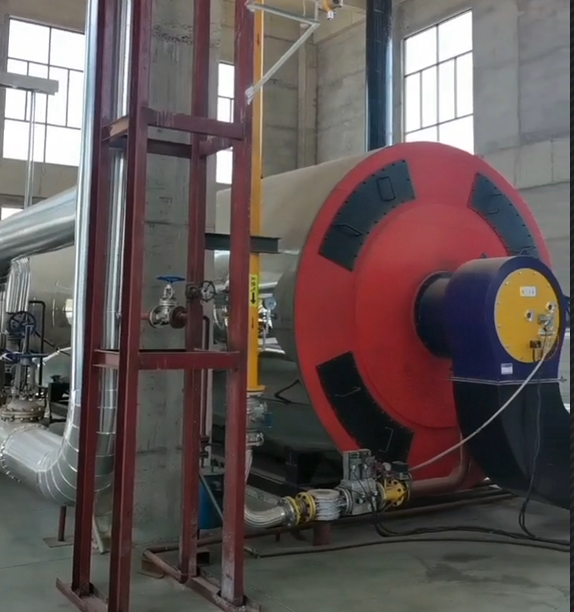
Sep . 19, 2024 07:26 Back to list
hot water boilers for sale
Hot Water Boilers for Sale A Comprehensive Guide
In today's modern world, hot water boilers are essential components in residential, commercial, and industrial heating systems. They provide an efficient means of generating hot water for various applications, including heating spaces, providing domestic hot water, and fulfilling industrial requirements. With numerous options available for sale, choosing the right hot water boiler can be overwhelming. This article aims to guide you through the essential factors to consider when purchasing a hot water boiler.
Understanding Hot Water Boilers
Hot water boilers operate by heating water to a specified temperature and distributing it through pipes to provide heating in various spaces. Unlike traditional steam boilers, which convert water into steam, hot water boilers maintain water in liquid form. This feature allows for energy-efficient operation and provides comfort more quickly.
Types of Hot Water Boilers
When shopping for hot water boilers, it's crucial to understand the different types available
1. Conventional Boilers These are traditional systems that rely on electricity, natural gas, or oil to heat water. They are often more affordable but can be less efficient compared to modern options.
2. Combi Boilers Combining a high-efficiency water heater and a central heating boiler, these compact units provide hot water on demand without the need for a storage tank. They are ideal for smaller homes where space is a concern.
3. System Boilers Similar to conventional boilers, system boilers utilize a separate hot water cylinder for storage. They are suitable for larger homes where a constant supply of hot water is required.
hot water boilers for sale

4. Condensing Boilers These boilers are designed to maximize energy efficiency by utilizing the heat from exhaust gases to preheat incoming water. They are an eco-friendly option that can significantly reduce energy bills.
Key Factors to Consider
1. Capacity Determine the hot water demand by calculating the number of taps, showers, and appliances requiring hot water. Selecting a boiler with adequate capacity is crucial to ensure comfort and efficiency.
2. Fuel Source Consider the available fuel sources in your area. Natural gas and electricity are common, but you may also explore options like propane or solar heating systems.
3. Efficiency Ratings Look for boilers with high efficiency ratings. Modern boilers often carry the Energy Star label, indicating they meet stringent energy efficiency guidelines.
4. Installation and Maintenance Ensure you have a qualified technician for installation, as improper setup can lead to safety hazards and inefficiencies. Regular maintenance is also vital for prolonging the life of the boiler.
5. Warranty and Support A good warranty can provide peace of mind. Ensure the manufacturer offers adequate support in case of repairs or replacements.
Conclusion
Purchasing a hot water boiler is an investment in comfort and energy efficiency. With various types available for sale, understanding your specific needs and the features of each option will help you make an informed decision. By considering factors such as capacity, fuel source, efficiency ratings, and maintenance requirements, you can find a hot water boiler that meets both your budget and performance expectations. Whether for a cozy home or a bustling commercial space, the right boiler can provide reliable hot water, ensuring warmth and comfort for years to come.
-
High-Efficiency Commercial Oil Fired Steam Boiler for Industry
NewsJul.30,2025
-
High-Efficiency Biomass Fired Thermal Oil Boiler Solutions
NewsJul.30,2025
-
High Efficiency Gas Fired Thermal Oil Boiler for Industrial Heating
NewsJul.29,2025
-
High-Efficiency Gas Fired Hot Water Boiler for Sale – Reliable & Affordable
NewsJul.29,2025
-
High Efficiency Biomass Fired Hot Water Boiler for Industrial and Commercial Use
NewsJul.29,2025
-
High-Efficiency Biomass Fired Hot Water Boiler for Industrial Use
NewsJul.28,2025
Related PRODUCTS






















